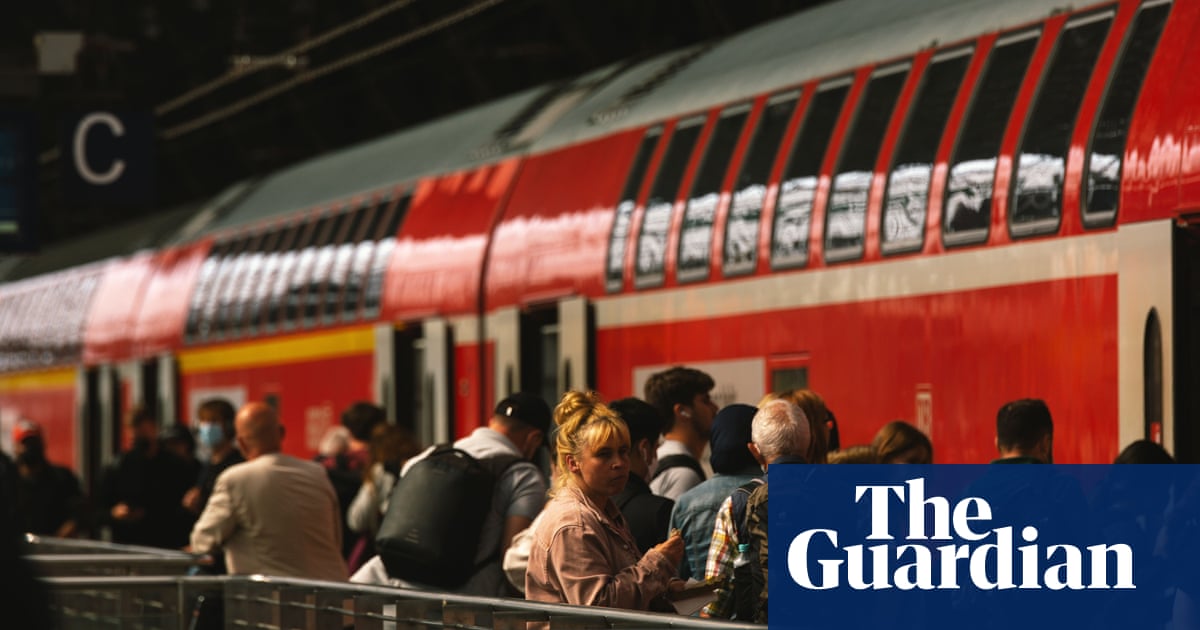davidknibb
Member
- Joined
- 30 Oct 2012
- Messages
- 81
An interesting report in today's Guardian about the state of German railways. A depressing decline perhaps of what was until recently a system to aspire to ?

 www.theguardian.com
www.theguardian.com
David

Firefighters rescue passengers from stricken train in latest Deutsche Bahn mishap
German national rail service blames malfunctioning and delays on lack of investment and staff shortages
David
